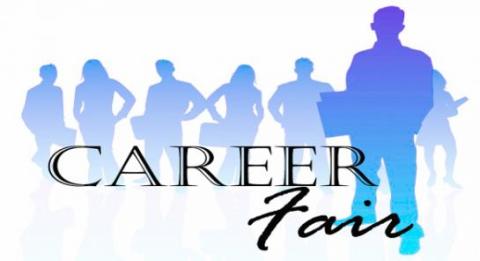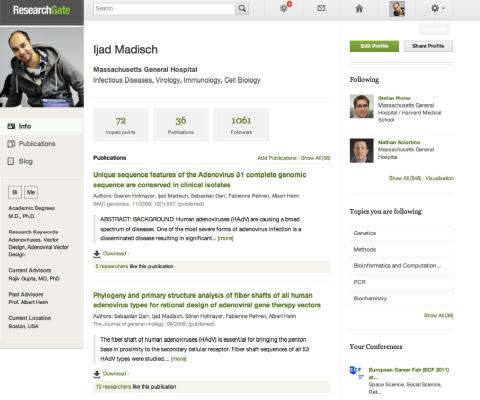The answer to this question in most instances is no; however this may seem to be the case if you are relying too heavily on your PI for this function. You must always remember, the person most responsible for your career development is the person who benefits most from it - you! Many trainees feel that their mentors are too busy and/or too important to “bother” them with their questions or thoughts. That shouldn’t be the case – they are there to help you learn and pass along their scientific knowledge to a new generation.
The time has arrived - you are in search of a new position! Besides getting your CV/resume in shape, working on those cover letters, and looking at position postings, you are also sending out requests for letters of recommendation. Hold that thought though – especially if you are a woman!

Science seems to be one of the more international professions. Most research groups are made up of individuals from many countries. In the US, 60% of the postdoc population is foreign. An increasing number of US PhDs are also doing research abroad. How does this influence us as scientists and what are some pros and cons about a research career that incorporates international elements?
Pros:
Name: Amir Zeituni, PhD
Job Title & Organization: Senior Scientist, Global Science & Technology
Location: NASA HQ
How long you’ve been in your current job: Since July 2013
Postdoc Advisor, IC (when at NIH): Dr. Carole Long
Name: Julien Debbache, PhD
Job Title & Organization: Postdoctoral Fellow, University of Zurich
Location: Zurich, Switzerland
How long you’ve been in your current job: Two years
PHD Advisor, IC: Heinz Arnheiter, NINDS (Now NIH Emeritus); Individual Partnership Program (Rennes 1 University, France)

Ahhh, career fairs. It seems they are a rite of passage in a career search. Career fairs are a good idea to research companies and network. Career fairs are a bad idea if you think you will walk away with a job (statistics show that less than 2% of attendees get a job directly from a job fair). So, how do you navigate a career fair? Here are some tips:
1. Before going to the Career Fair:
* Develop a strategy to maximize your time at the event.

Recently a few trainees have inquired about ResearchGate, so we decided to take a further look at this site. It was founded in 2008 by two physicians who discovered that collaborating with a friend or colleague (especially one across the world) was no easy task. They created this website with the intent of helping make scientific progress happen faster.
Name: Anna Burkart Sadusky, PhD
Job Title & Company: Staff Scientist, Omeros Corporation
Location: Seattle, WA
How long you’ve been in your current job: Over two years
Postdoc Advisor, IC: Jurrien Dean, MD; NIDDK, Development Biology Lab
Name: Kara Lindstrom
Job Title & Company: Consultant, Booz Allen Hamilton
Location: Rockville, MD
How long you’ve been in your current job: Two years

2013 is quickly coming to a close and the approach of a new year can be a great time to reflect – not only on the past year, but also on what you hope to accomplish in the coming year. Inspired by year in review montages we have already begun seeing, we decided to take time to reflect on this year as well, specifically on some of the best career resources at one’s fingertips in 2013. This is not an exhaustive list, nor is it in rank order. As always, we would love to hear your input – please share your very own “Best of 2013” resources in the comments. 1.

